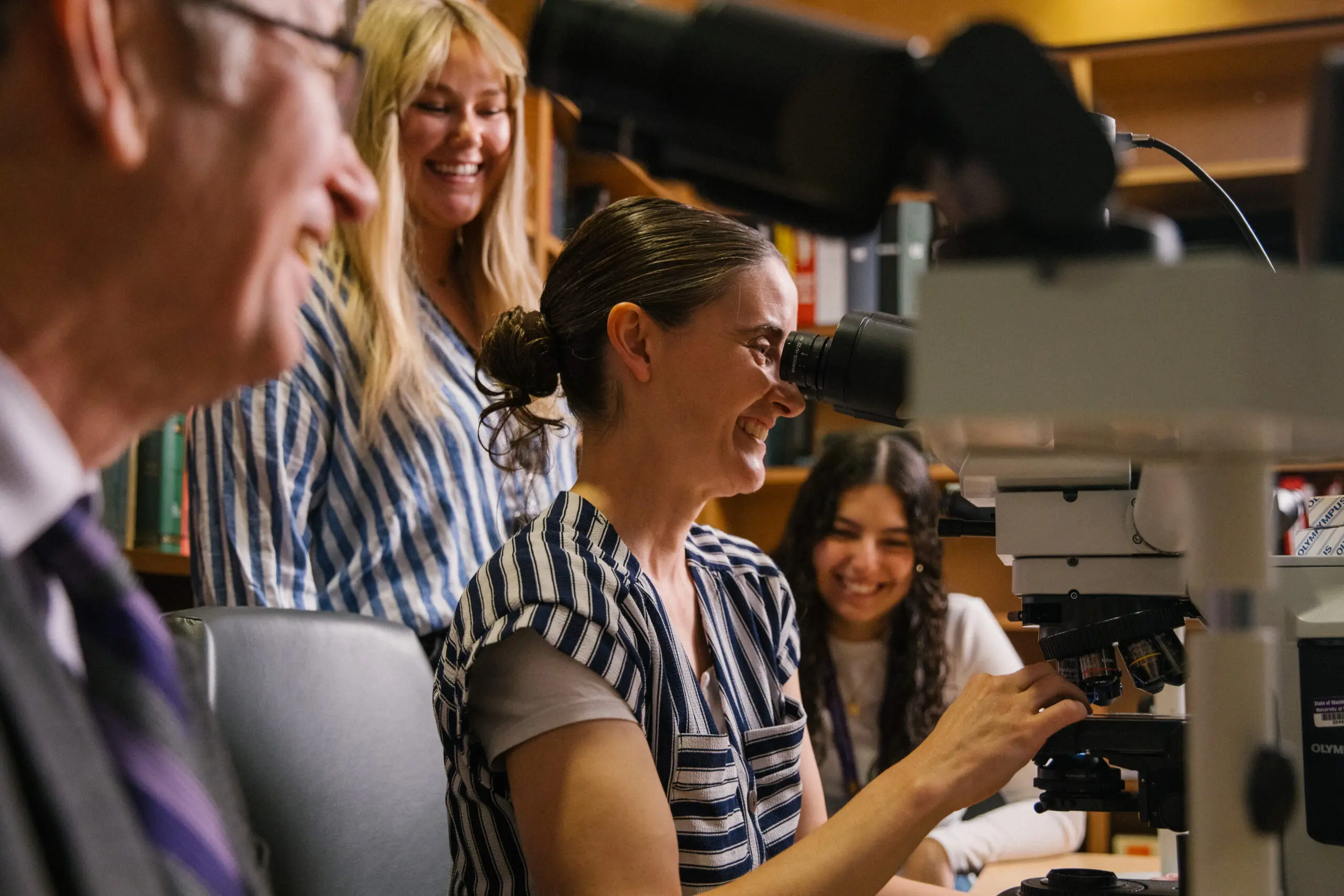How many people have had COVID-19 in Washington state? That’s a harder question than you might think, partly because many people who become infected have only mild symptoms — or no symptoms at all.
To find an answer, UW Medicine, the Washington State Department of Health and the Paul G. Allen Family Foundation have jointly launched a major study of COVID-19 infection rates and trends. The study’s initial findings will help guide statewide recovery efforts this fall and winter.
But that’s only the first step. Researchers at UW Medicine’s Virology Laboratory, led by Keith Jerome, MD, PhD, head of the Virology Division at UW Medicine and the study’s principal investigator, are also studying how we develop COVID-19 immunity and how long that protection might last. To fully understand these critical public-health issues, they’ll need support from the community.
Setting a baseline
UW Medicine’s Virology Laboratory, which was one of the first laboratories in the country to develop a COVID-19 test, is conducting the study in partnership with state and local public health agencies. The study is randomly sampling rural and urban populations throughout Washington, including racially, ethnically and socioeconomically diverse communities. UW Medicine teams are working with local, county and tribal authorities to organize the testing.
All 7,000 study participants will receive a diagnostic COVID-19 test, followed by three antibody tests over the course of eight months. Unlike the COVID-19 test, which is taken with a nose swab, antibody tests (also known as serology tests) require a blood draw.
The study will help identify whether specific populations — for example, racial and ethnic groups, or people with certain types of jobs — have been infected at higher rates. The first set of results, which will create a baseline of how widespread the disease is in Washington, is expected in fall 2020.
“Data is a crucial tool in helping us fight this pandemic and safely reopening our economy,” Governor Jay Inslee said. “This study and partnership will provide vital insights about the trajectory of COVID-19 in Washington, informing our response and allowing us to better protect Washingtonians.”
A deeper dive into antibodies
The first phase of this groundbreaking study is funded by a $3.4 million grant from the Paul G. Allen Family Foundation, which will cover the initial COVID-19 and antibody tests to provide a necessary baseline understanding of COVID-19 presence in our communities.
However, additional community support would fund a second phase with more in-depth testing. Jerome’s team is currently developing a more sensitive test that can analyze many samples at once, looking for the neutralizing antibodies that are key to developing immunity; the second phase would use this test to follow study participants over time to see who becomes reinfected. It’s a critical opportunity to answer the larger questions about COVID-19 immunity — but it can only be accomplished through private philanthropy.
“From day one, the COVID-19 pandemic has been moving faster than traditional funding mechanisms can react. Fortunately, we’ve had great philanthropic support from the community — without that flexibility, we could not have responded as quickly as we have,” says Jerome.
The rapid pace of COVID-19 has been a challenge since the first days of the pandemic. But with continued support, researchers like Jerome can help Washington move toward safely reopening.
Written by Stephanie Perry

